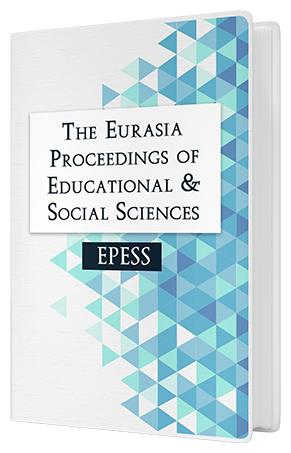IoT Proto Labs: Cross-border Multidisciplinary Learning Labs in Higher Education
Keywords:
Student labs, Authentic learning, Higher education, Science, TechnologyAbstract
Student labs are one promising way to cope with changing requirements from the labor market in the domain of Science, Technology, Engineering and Mathematics (STEM), but also to keep the field up to date, to start innovations and to advance the STEM domain as such. In these labs, students work together in small groups imitating professional practice of design and technology workers. More insights are needed how to design student labs. In order to effectively enhanced generic competences, such as collaboration, communication, problem solving, critical thinking, and creativity, student labs should be designed as authentic productive learning environments based on three design principles: 1) Realistic, complex task situations, 2) Multidisciplinarity, and 3) Social interaction. IoT Rapid Proto Labs are examples of such student labs, in which cross-border multidisciplinary teams of students, teachers (coaches), and practitioners jointly develop solutions to challenging IoT applications (Internet-connected objects), add value for enterprises, and strengthen the employability, creativity and career prospects of students.Downloads
Published
Issue
Section
License
Copyright (c) 2019 The Eurasia Proceedings of Educational and Social Sciences

This work is licensed under a Creative Commons Attribution-NonCommercial-ShareAlike 4.0 International License.
The articles may be used for research, teaching, and private study purposes. Any substantial or systematic reproduction, redistribution, reselling, loan, sub-licensing, systematic supply, or distribution in any form to anyone is expressly forbidden. Authors alone are responsible for the contents of their articles. The journal owns the copyright of the articles. The publisher shall not be liable for any loss, actions, claims, proceedings, demand, or costs or damages whatsoever or howsoever caused arising directly or indirectly in connection with or arising out of the use of the research material. All authors are requested to disclose any actual or potential conflict of interest including any financial, personal or other relationships with other people or organizations regarding the submitted work.




